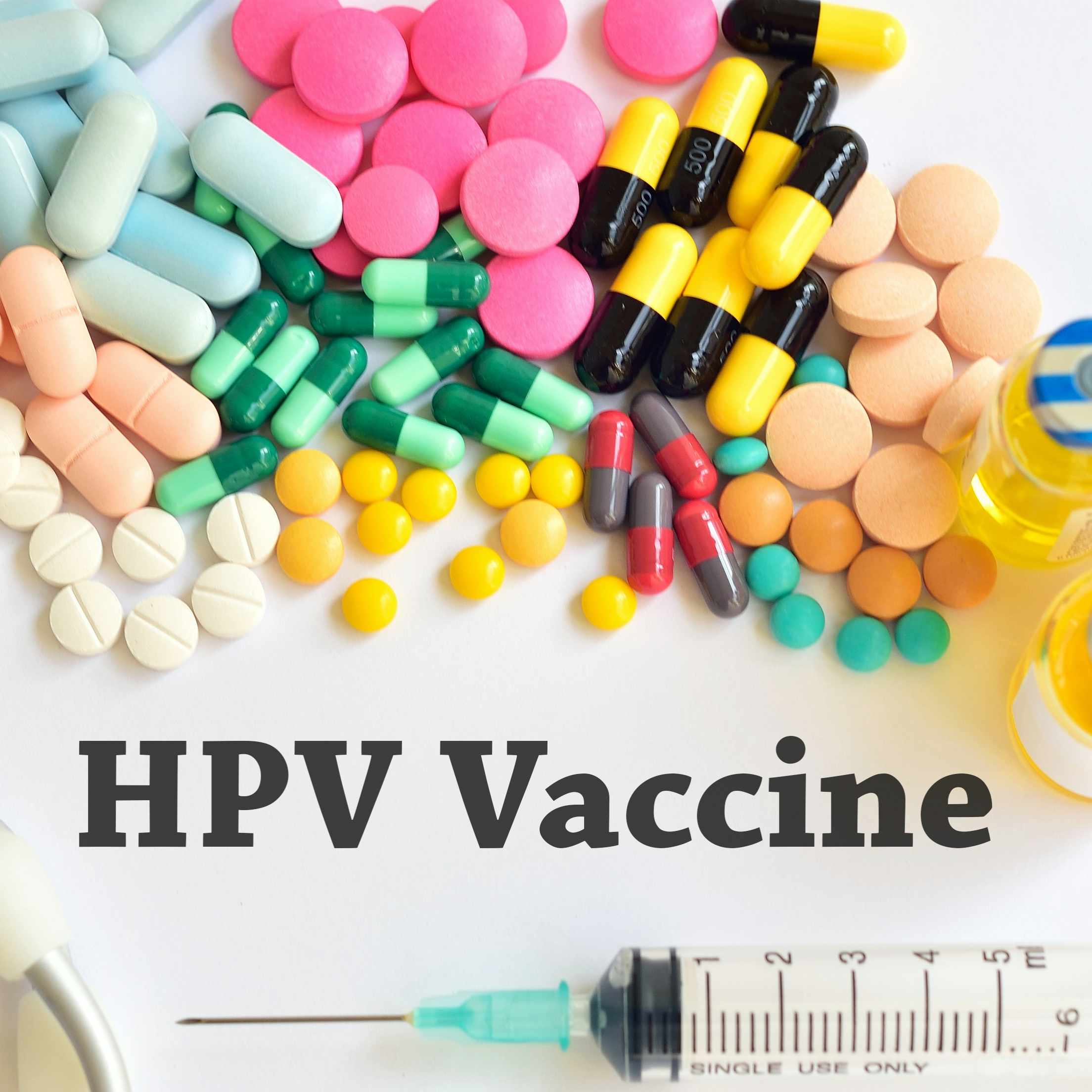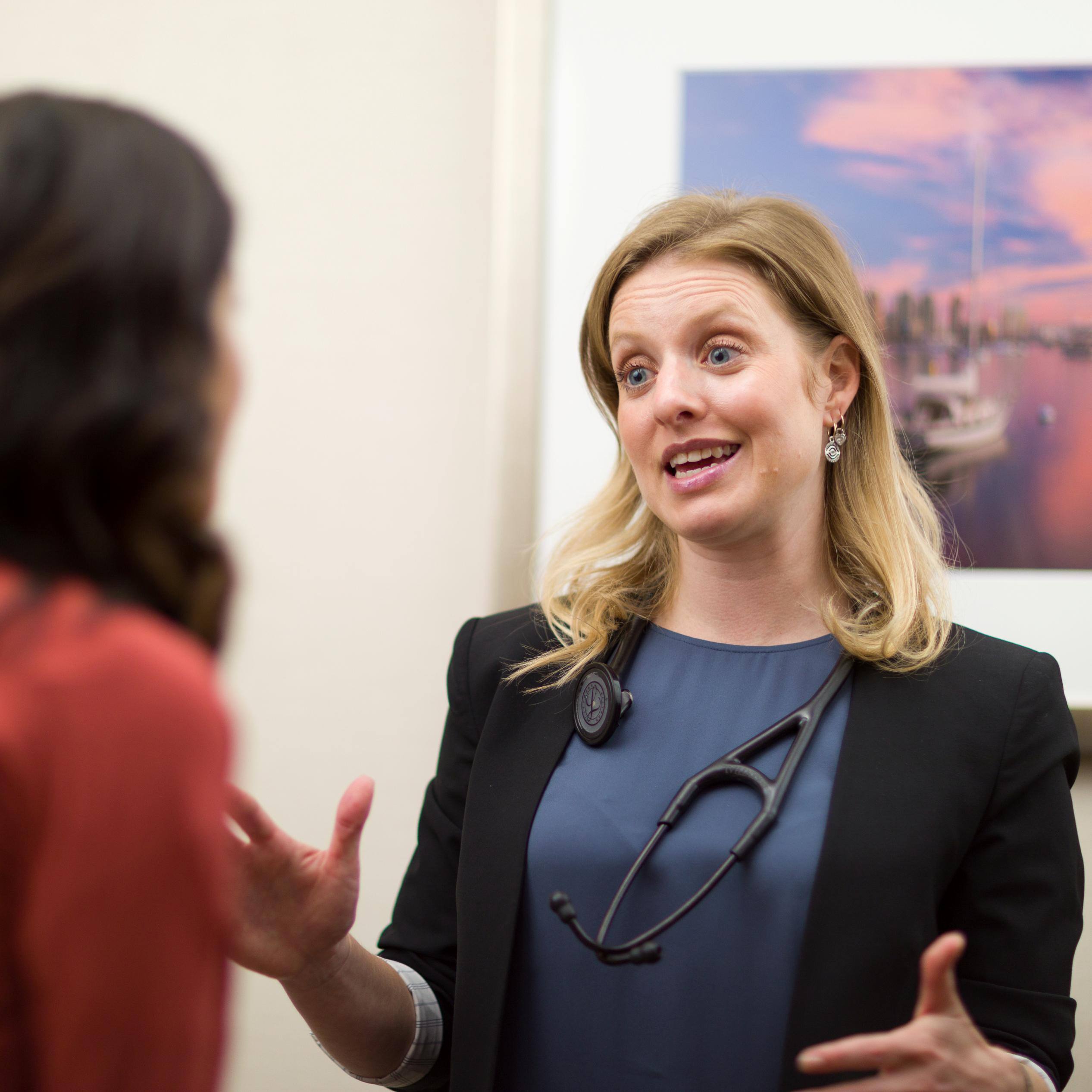-
HPV vaccine now comes in two doses for preteens
New Human Papillomavirus (HPV) vaccine guidance for preteens from the Centers for Disease Control and Prevention (CDC) means more Americans will be protected from cancer. The new recommendations will enable the HPV vaccine series to be delivered to children in two doses instead of three. The CDC says adolescents 11-14 can take the two-dose vaccine series. The three-dose schedule will remain in effect for ages 15-26.
"This is an anti-cancer vaccine," says Dr. Gregory Poland, director of Mayo Clinic's Vaccine Research Group. For parents who are concerned about the HPV vaccine, Dr. Poland asks, "Do you want this child protected against a disease we cannot otherwise treat, for which there is no cure? And, in particular, do you want them to have lifelong genital warts or be treated for cancer that could have been prevented?"
Watch: Dr. Gregory Poland discusses the HPV vaccine.
Journalists: Broadcast-quality sound bites with Dr. Poland are in the downloads.
Dr. Poland says the best way to protect against a number of the cancers linked to HPV is providing the vaccine before initiating sexual activity. He also says boys and girls 9-15 have great immune response to the vaccine.
HPV is a sexually transmitted virus linked to a number of cancers, including cervical, anal, vaginal, penile and throat cancers as well as chronic genital warts. The CDC says about 79 million Americans are infected with HPV, with about 14 million people becoming infected each year.








